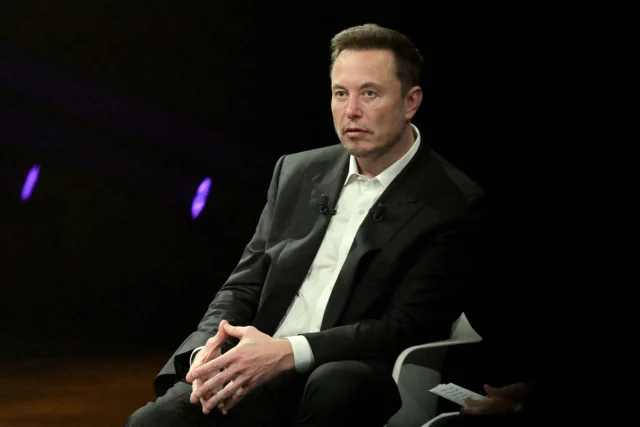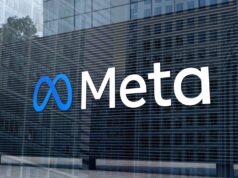
Elon Musk recently came under intense scrutiny for engaging with and endorsing an antisemitic post on his social media platform X, formerly known as Twitter. The post in question propagated a baseless antisemitic conspiracy theory, alleging that Jewish people are promoting hatred against white individuals and are supporting the influx of minorities into Western nations to achieve this. Musk’s response to the post, stating the user had spoken “the actual truth,” ignited a firestorm of criticism, leading to backlash from the public, condemnation from Jewish groups, and a reevaluation of advertising commitments by several high-profile companies.
Key Highlights:
- Elon Musk endorsed a post on X containing antisemitic conspiracy theories.
- The controversy resulted in major advertisers like Disney, Apple, and IBM pausing their advertising on X.
- Musk faced backlash from Jewish groups and criticism from the White House, calling his promotion of antisemitic content abhorrent.
- Following the incident, Musk reaffirmed X’s stance against advocating for genocide or extreme violence, stating such actions would lead to suspension from the platform.
This incident has not only brought to light the challenges social media platforms face in moderating content but also the implications of such controversies on advertiser confidence and public perception. Below, we dive deeper into the unfolding of events, the response from different stakeholders, and what this means for the future of X under Elon Musk’s stewardship.
The Controversy Unraveled
The spark for this controversy was ignited when Elon Musk agreed with a post on X that aligned with the “Great Replacement” conspiracy theory. This theory falsely claims that Jewish people and leftists are orchestrating the ethnic and cultural replacement of white populations with non-white immigrants, a notion that has been widely discredited and condemned. The White House denounced Musk’s actions as promoting “abhorrent antisemitic and racist hate,” highlighting the severity of the situation.
Advertiser Backlash and Platform Response
In the aftermath, several companies, including Disney, Apple, and IBM, paused their advertising on X, citing the proximity of their ads to antisemitic content as unacceptable. This move signifies the growing concern among advertisers about the alignment of their brand values with the content prevalent on social media platforms. Musk’s reaction was to defend his position, stating that accusations of antisemitism against him were baseless and asserting his wish for a “prosperous and exciting future for all” .
Musk’s Stance and Policy Enforcement
Following the backlash, Musk reiterated X’s policy against advocating for the genocide of any group, stating that clear calls for extreme violence contradict the platform’s terms of service and would lead to suspension. This stance was part of Musk’s broader attempt to navigate the fine line between promoting free speech and preventing hate speech on the platform.
This incident highlights the delicate balance social media platforms must maintain between ensuring freedom of expression and preventing the spread of hate speech. It also underscores the significant impact that the actions and words of a platform’s leadership can have on public perception and advertiser confidence. As X navigates these challenges under Musk’s leadership, the platform’s policies and Musk’s responses to controversial content will remain under close scrutiny










